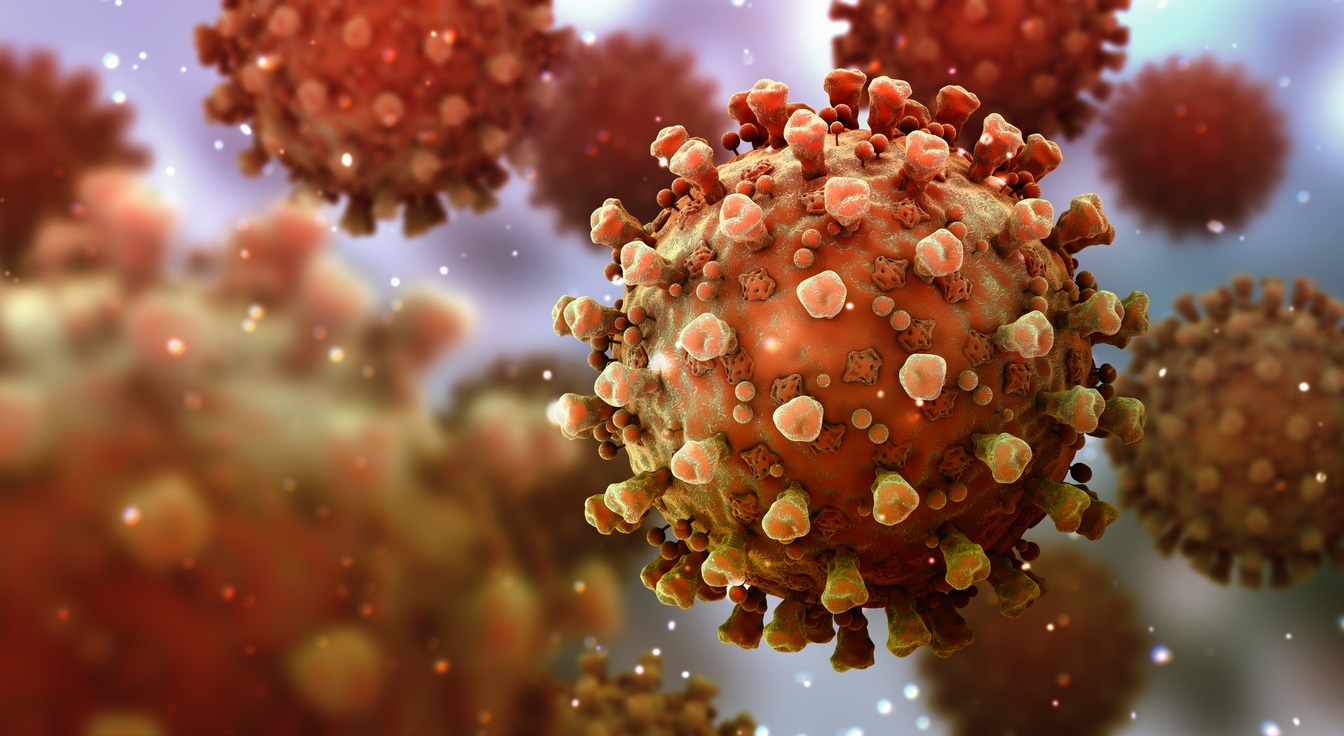
Human Immune System Responds to Plant-derived SARS-CoV-2 Antigens
August 12, 2020| |
A research team from South Africa developed a serological assay using plant-derived recombinant viral proteins in order to measure seroprevalence and understand protective immunity to SARS-CoV-2, the virus responsible for the COVID-19 pandemic. Results were favorable as antibody responses were recorded in COVID-19 patients.
Using S1 and receptor-binding domain (RBD) portions of the spike protein from SARS-CoV-2 expressed in tobacco plant (Nicotiana benthamiana), the team established an indirect enzyme-linked immunoabsorbent assay (ELISA) to measure antibody responses from 77 COVID-19 positive patients who exhibited mild to moderate symptoms. Reactivity to S1 was recorded in 66% of the patients, while reactivity to RBD was detected in 62%. They also observed the detection of 100% of the samples identified as having S1-specific antibodies using commercial ELISA.
Reactivity of pre-pandemic plasma of 58 banked human samples was also used to test and compare the performance of the developed ELISA versus a commercial assay. The researchers were able to record a high specificity for SARS-CoV2 using the developed ELISA. Lastly, the researchers also tested whether their developed ELISA could detect SARS-CoV-2-specific IgG and IgA in saliva, and this resulted in both antibodies being detected in the saliva of convalescent volunteers. The team concluded that plant-derived recombinant SARS-CoV-2 proteins are strongly detected by humoral responses.
Read the full paper in medRxiv.
| |
You might also like:
- Pocket K No. 58: COVID-19 Treatment Efforts Using Plant Technologies
- The Role of Plant Biotechnology Against SARS-CoV-2
- Native Australian Plant Paves Way for Vaccine Development Against COVID-19
Biotech Updates is a weekly newsletter of ISAAA, a not-for-profit organization. It is distributed for free to over 22,000 subscribers worldwide to inform them about the key developments in biosciences, especially in biotechnology. Your support will help us in our mission to feed the world with knowledge. You can help by donating as little as $10.
-
See more articles:
-
News from Around the World
- FAO: Global Food Prices Rise in July
- Experts Urged to Consider Audience Values when Communicating about Gene Technologies
- Third Breakthrough Shows Photosynthetic Hacks Boost Yield and Conserve Water
- Study Finds Decline in Plant Breeding Programs in the US, Possible Impact on Food Security
- FSANZ Calls for Comments on Food Derived from GM Corn DP202216
-
Research Highlights
- Punjab-wide Survey of Bt Cotton Fields Reveal Variations in Cry Protein Accumulation
- Researchers Decode Black Mustard Seed Genome Using New Sequencing Technology
-
Plant
- Researchers Review Genome Editing Strategies Used in Developing Rice Disease Resistance
- Kansas State University and University of Saskatchewan Team Up to Improve Wheat Using CRISPR
- CRISPR Dominates Genome Editing Market, TALENs Projected to Grow until 2025
-
Health
- National Survey Says Most Americans Willing to Vaccinate Against COVID-19
- Human Immune System Responds to Plant-derived SARS-CoV-2 Antigens
-
Read the latest: - Biotech Updates (February 18, 2026)
- Gene Editing Supplement (January 28, 2026)
- Gene Drive Supplement (February 22, 2023)
-
Subscribe to BU: - Share
- Tweet

